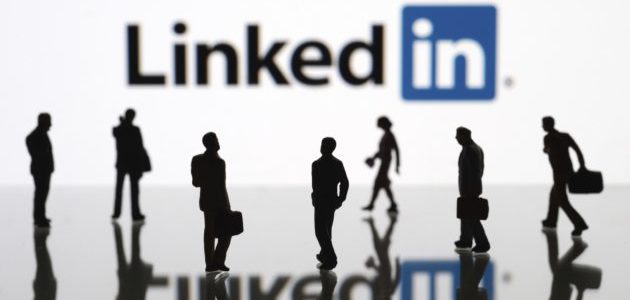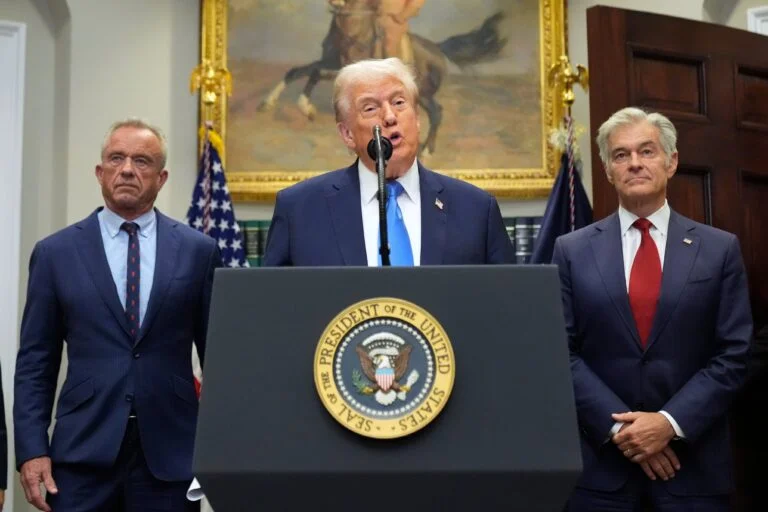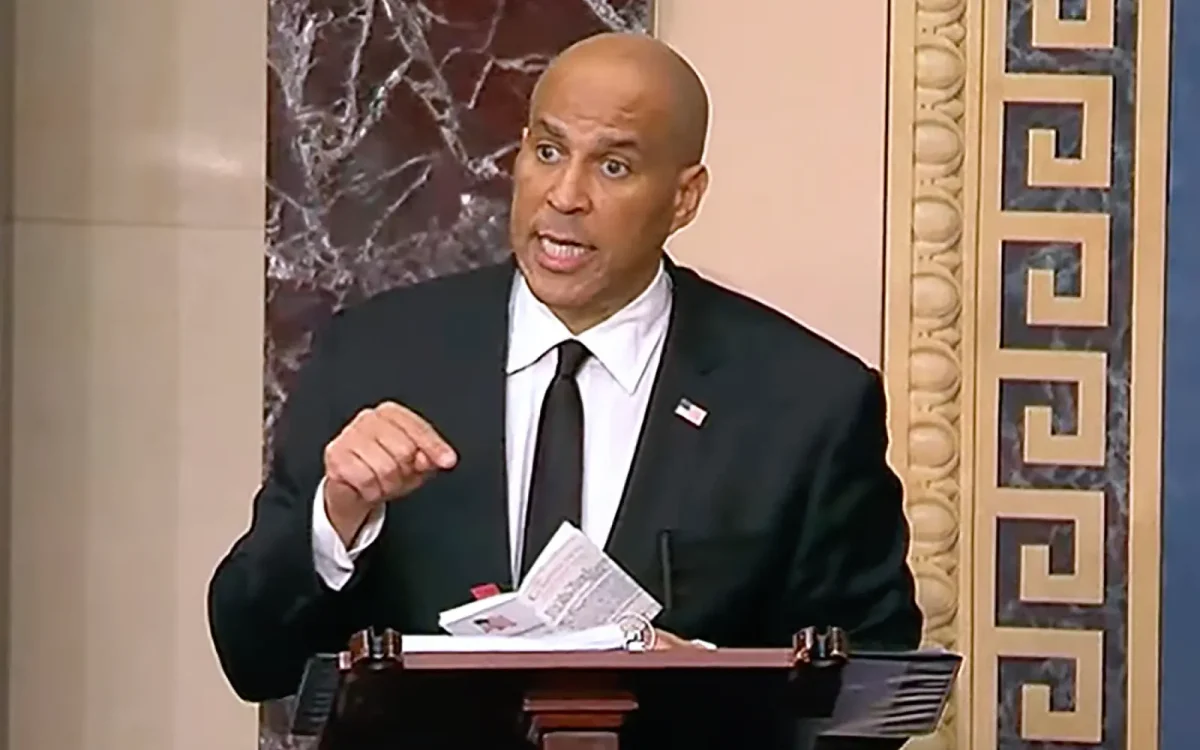By: Anna Yesilevskiy
In 2014, as a response to the protests that were organized with the help of social media, Russia’s president, Vladimir Putin created a law that required social networks with Russian users to store six months of data within the country’s borders.
LinkedIn, a business and employment social networking website breached this law and a court decision was upheld in favor of Russia last August. Following that, the social networking website appealed. However, a Moscow court upheld the August decision and LinkedIn will be blocked in Russia. Anyone who tries to access the website will receive a message that states, “Access to the resource you requested is restricted.”
This law and the decision regarding the breach of this law have brought up a lot of debate. Though Putin and Russian officials say that this law was created due to privacy concerns, others argue against that reason as one blogger Anton Nossik said, “the aim of this law is to create another quasi-legal pretext to close Facebook, Twitter, YouTube, and all other services.”
Russia’s government, the Kremlin, however refutes this accusation that it is censoring Internet usage.
Regarding the law, Andrei Soldatov, a Russian surveillance culture expert stated, “The aim is surveillance, obviously, to make servers of the companies accessible to the Russian national system of online surveillance, SORM, and also to get the Internet giants effectively landed in Russia.”
Soldatov added that Russia came after LinkedIn because “they believe LinkedIn is a relatively easy target in comparison with bigger companies, and they need to show some results they achieved in data localization. It all stalled with bigger companies, so why not try with LinkedIn.”
Vadim Ampelonsky, a representative of Roskomnadzor, Russia’s federal executive body defended the country’s decision on its ban of the website by saying, “They have a bad track record, every year there’s a major scandal about the safety of user data.”
LinkedIn responded in return and said, “the Russian court’s decision has the potential to deny access to LinkedIn for the millions of members we have in Russia and the companies that use LinkedIn to grow their business.”
Furthermore, following the court’s decision, LinkedIn’s U.S. management team demanded a meeting and Soldatov stated that he believes this was Russia’s goal.
“It’s a game. They expect LinkedIn to rush to the Kremlin for talks.” Soldatov said.
Nikolai Nikiforov, a Russian communications minister said that this decision could still be changed as he said, “we hope a constructive dialogue can solve this situation. All foreign companies have to act in line with the law and there are many that have no problems with respecting the legislation.”
The United States government is quite worried about Russia’s decision as Maria Olson, a spokeswoman at the U.S. Embassy in Moscow said, “The United States is deeply concerned by Russia’s decision to block the access to the website LinkedIn. This decision is the first of its kind and sets a troubling precedent that could be used to justify shutting down any website that contains Russian user data.”
It is believed that other social networking sites, such as Facebook and Twitter may find themselves in the same predicament as LinkedIn unless these sites will move data onto Russian-based servers. Matthew Hammond, a chief financial officer of mail.ru commented about this and said, “Will the Russia government enforce it more widely? I don’t know. It seems a reasonable assumption that it probably will.”
University students also shared their thoughts on Russia’s decision on banning LinkedIn. Sofia Dipasquale, a junior said, “I think it’s unfair because the citizens should be able to use the Internet freely, as long as they aren’t harming anyone.”
Freshman Maria Varela had a similar opinion to that of Dipasquale as she said, “I think it’s unfair for a country to control what you can and can’t use.”












